As a licensed clinical psychologist, I am an active member of the American Psychological Association. Every month I receive a copy of their publication/magazine, Monitor on Psychology. The magazine covers a variety of current topics in psychology, and I enjoy learning about developments in other areas of the field. In April 2019, Monitor on Psychology published an article titled, Losing an autism diagnosis. After reflecting on this article and thinking about what I think it missed, I wrote a response and my remarks were published in the the June issue.
Here is the original response that I emailed to the Monitor on April 10:
I am an APA member and avid reader of the Monitor. My primary specialty as a clinical psychologist focuses on the treatment and assessment of individuals with autism across the lifespan. Two points I would like to make regarding the News Feature on "Losing an Autism Diagnosis" (April 2019).
1. I believe that there is a substantial lack of training in the assessment of individuals with autism, particularly as they age into puberty and adulthood. I think that the lack of oversight at a broader health care level explains some of the variations in having and then later losing an autism spectrum diagnosis. I would refer readers to the work of Cathy Lord's clinical research for a better understanding of the evidence base and training for autism assessment.
2. The consequences of losing an autism diagnosis in adolescence or adulthood can be quite dire and drastic in terms of service eligibility and access. State offices for people with disabilities often require further substantiation of an autism diagnosis later in childhood, and a person losing their autism diagnosis can quite literally "flip the table" on what services a person and their family can access. I think there needs to be more cross-talk between health care and government systems to understand the consequences of losing an autism diagnosis.
I felt like the article failed to touch on how losing an autism diagnosis can adversely impact service eligibility and access. Moreover, it did not speak to disability identity in adults. I also think this piece missed an opportunity to speak more directly to how variations in provider training and experience can impact the reliability and validity of a diagnostic evaluation.
I am grateful to be able to voice this concern to a larger audience and hope that these reflections inform how professionals approach the process of evaluating patients for autism.

